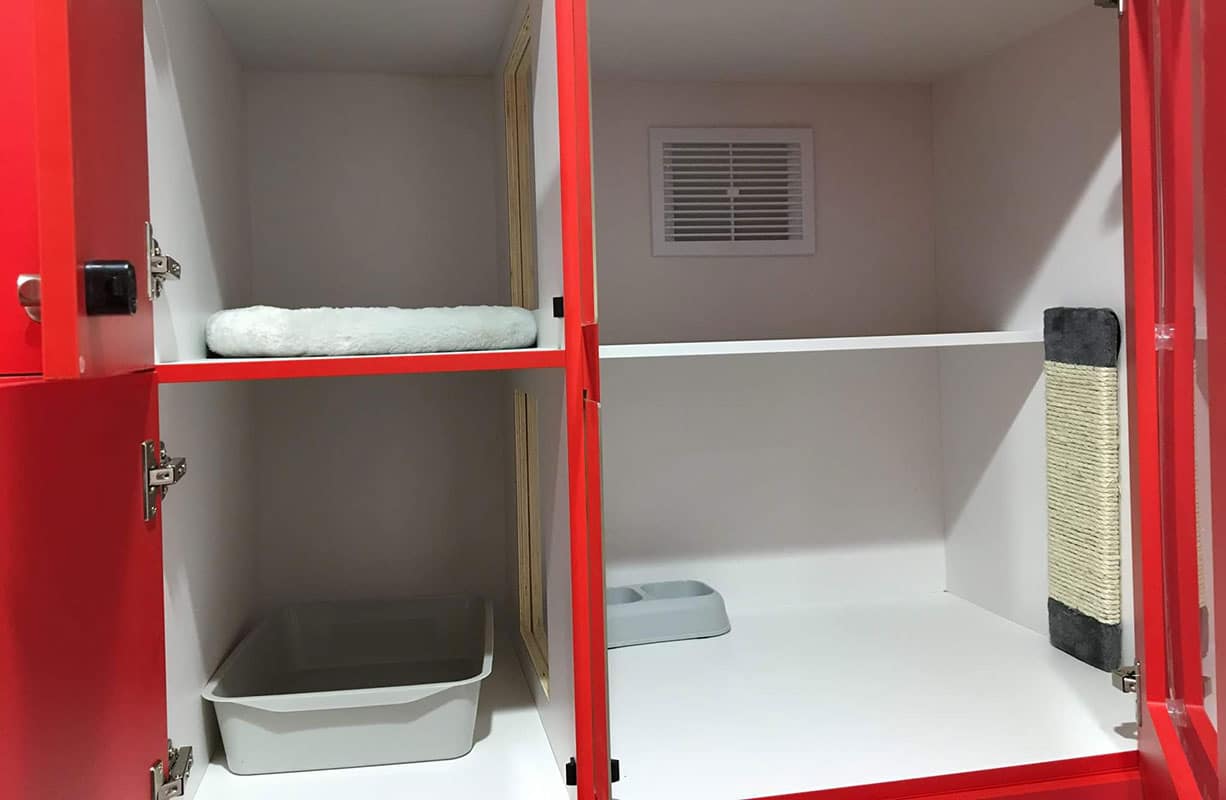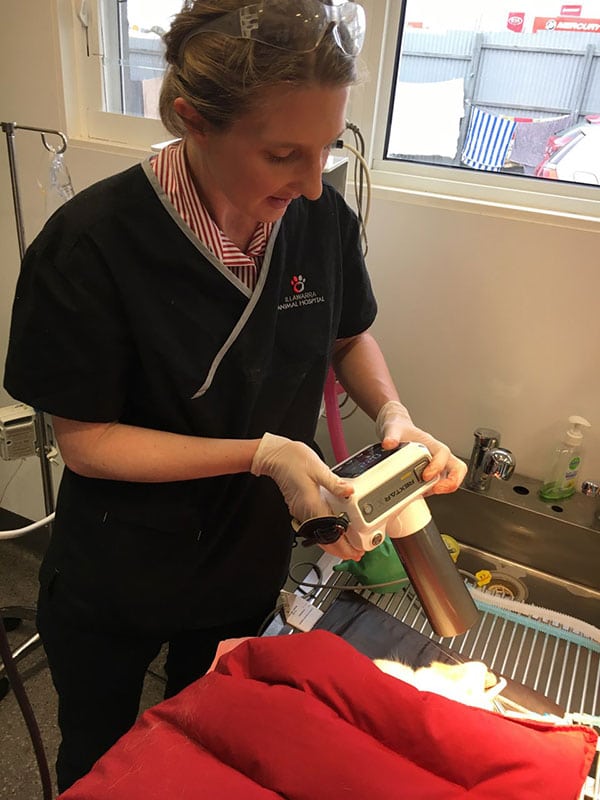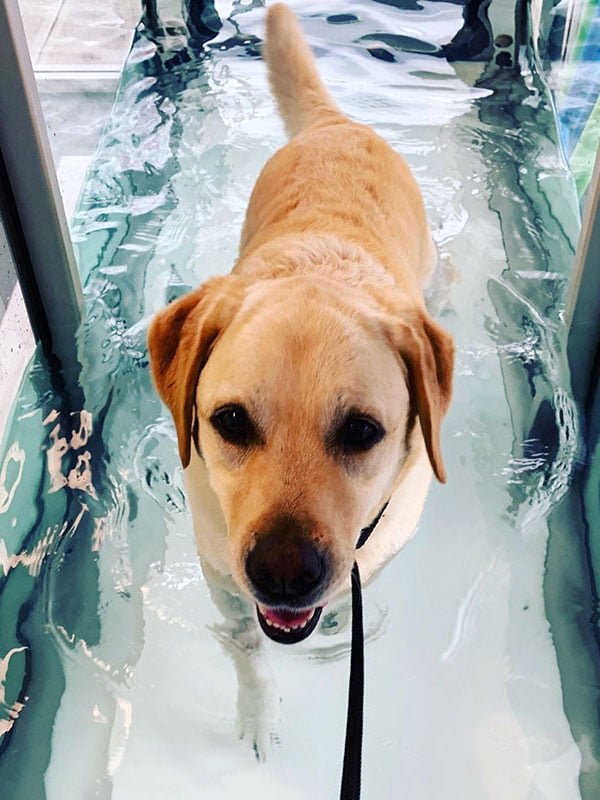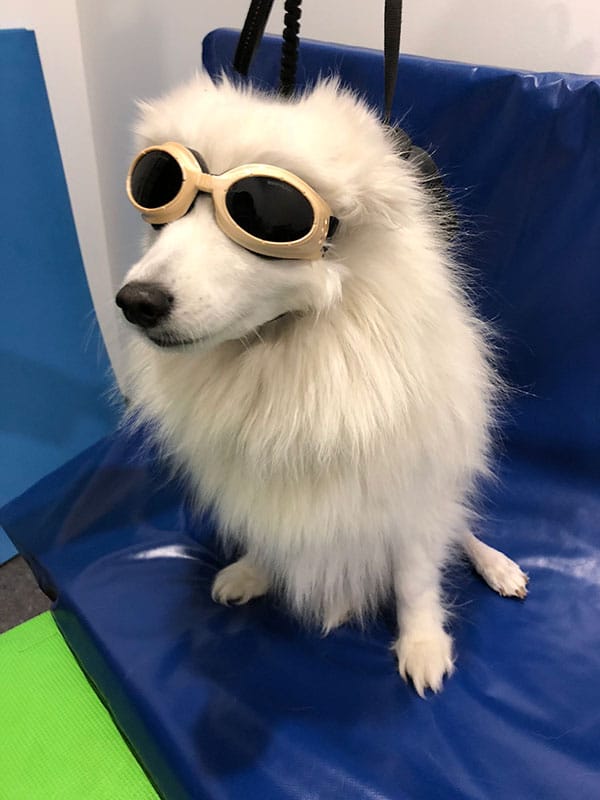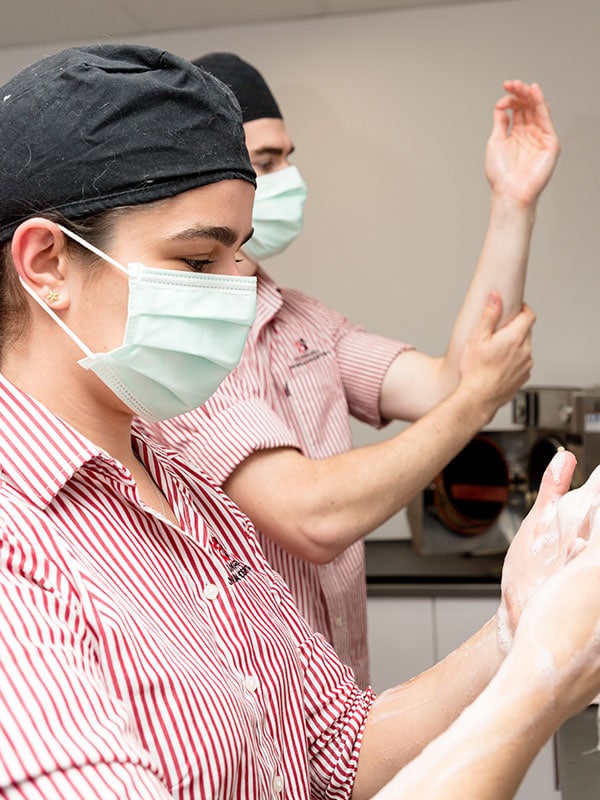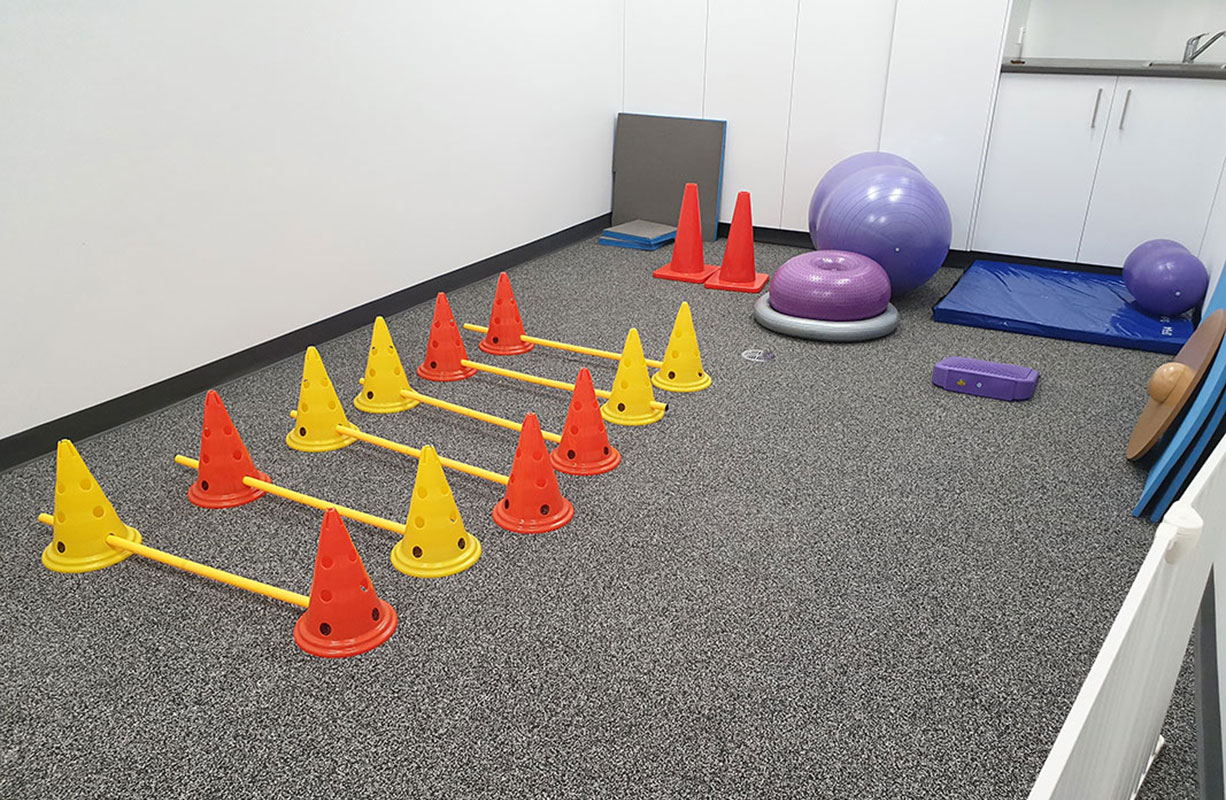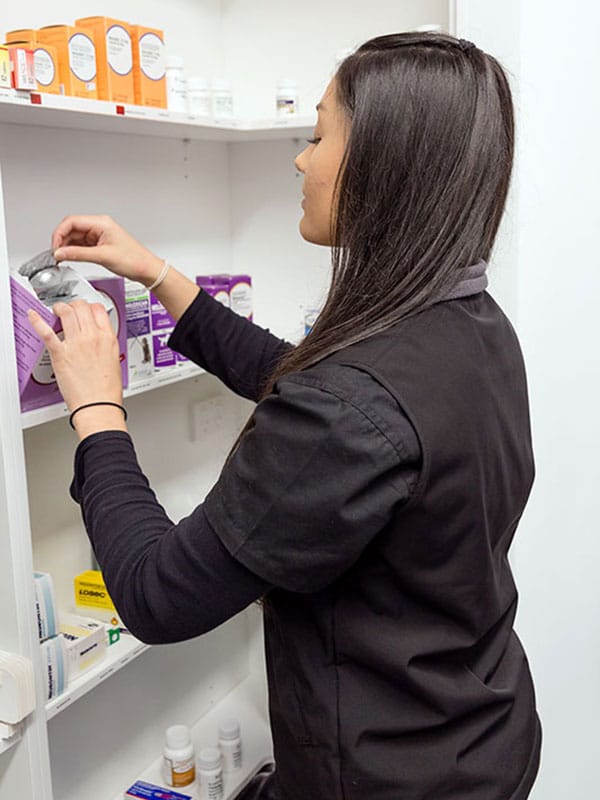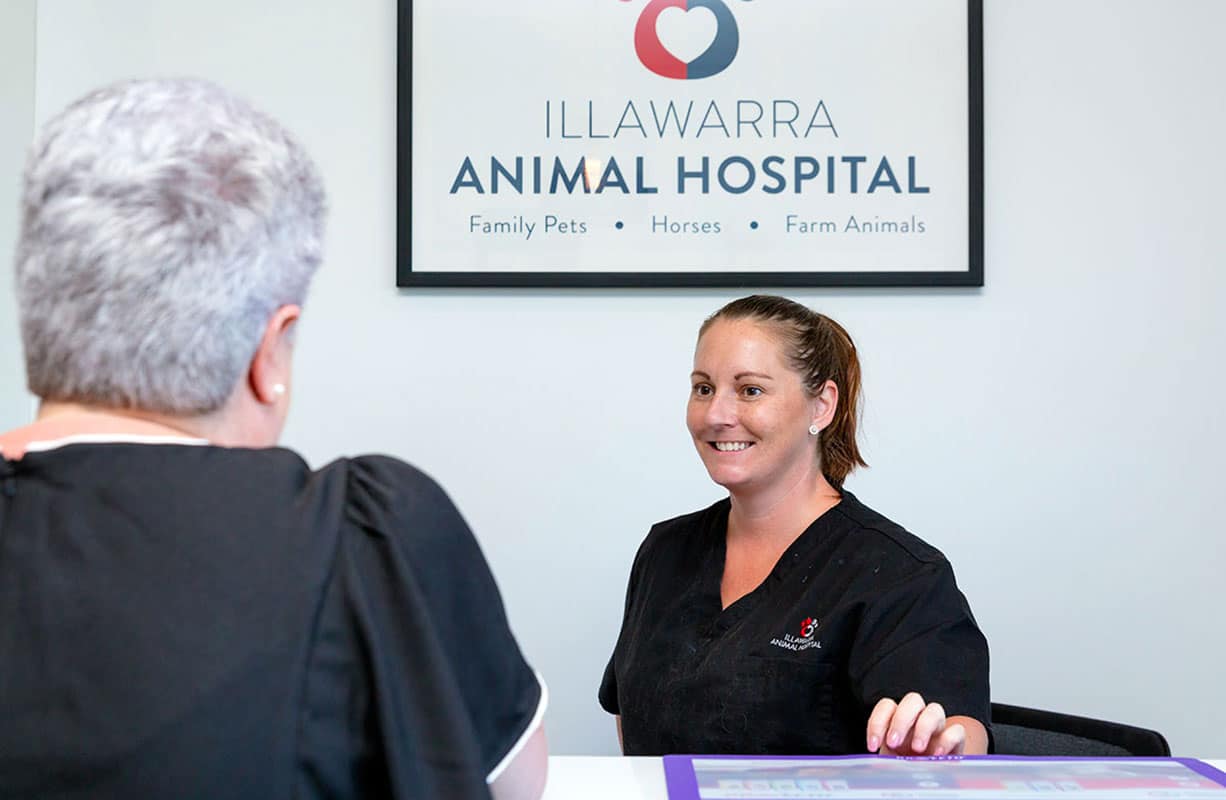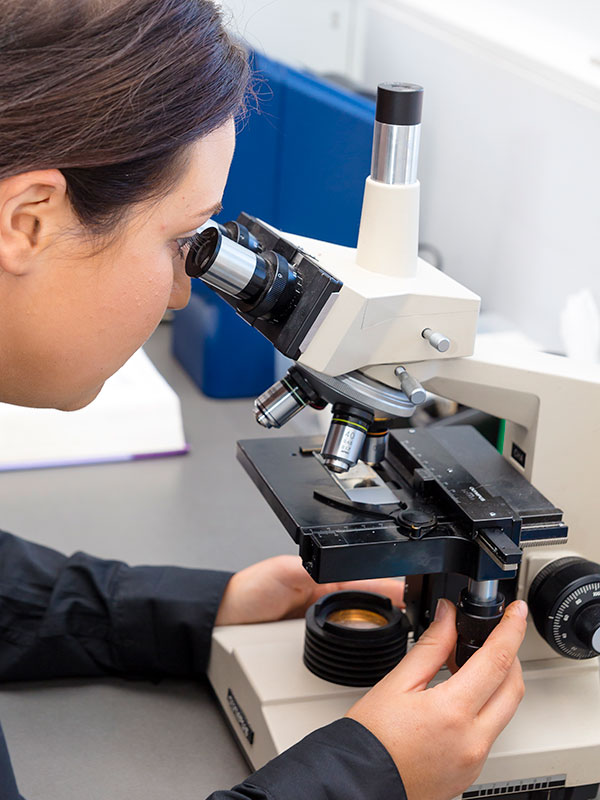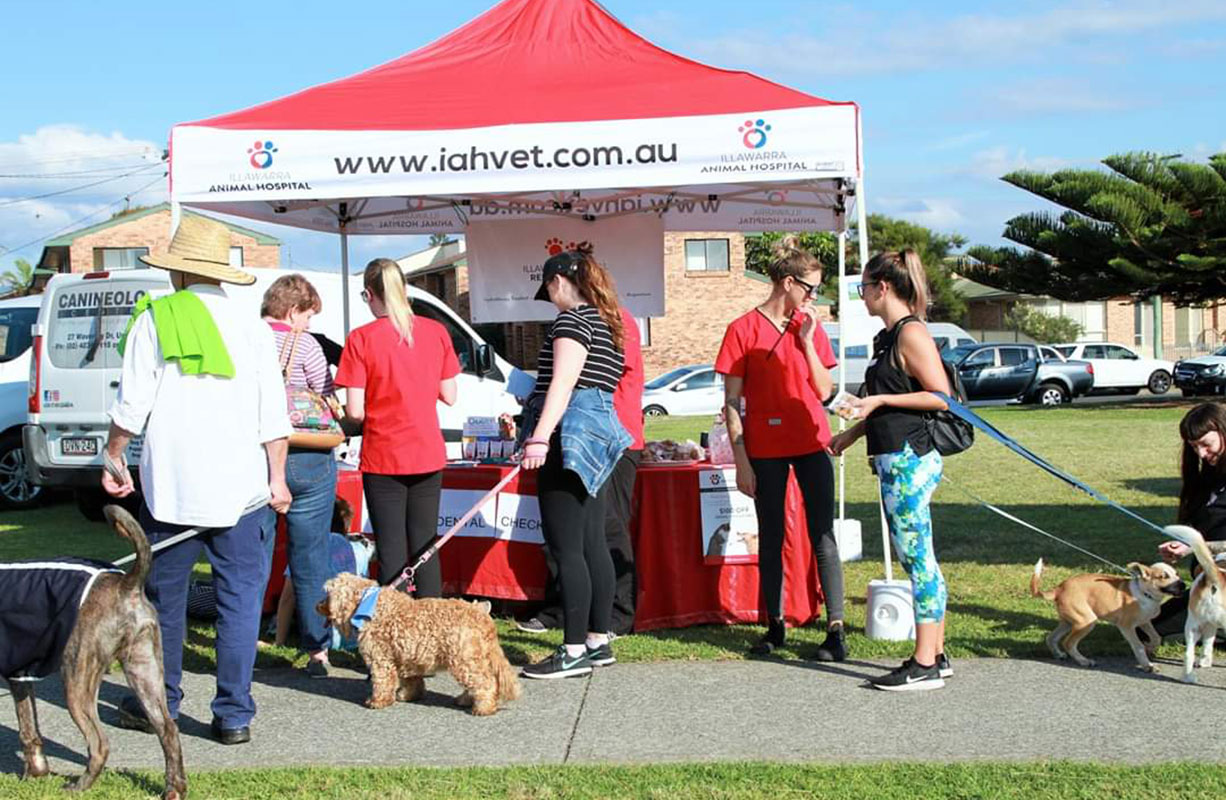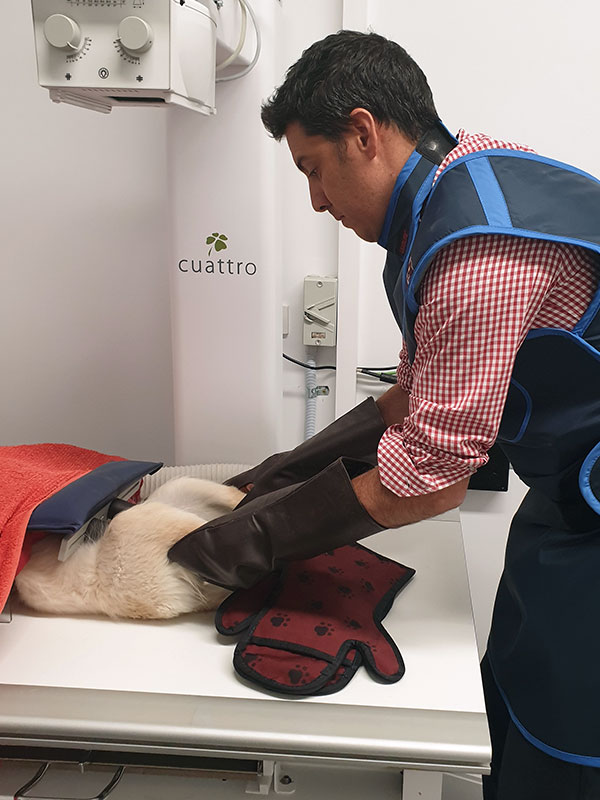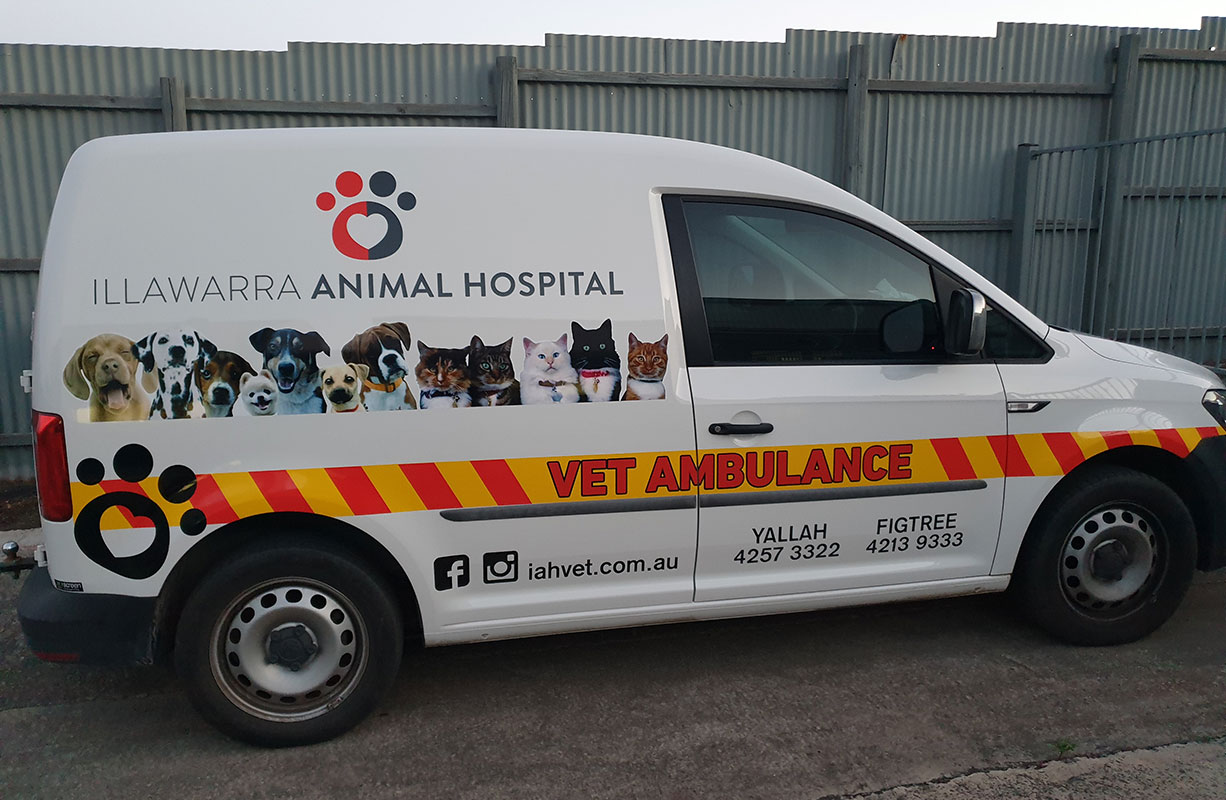LIBRARY
LIBRARY
INTRODUCTION TO YALLAH
INTRODUCTION TO FIGTREE
ILLAWARRA ANIMAL REHABILITATION INTRODUCTION
ILLAWARRA ANIMAL REHABILITATION – ACTIVE/SPORTING DOGS
ULTRASOUND
BLOOD DIAGNOSTICS
ORTHO/REHAB CASE STUDY
SURGERY & REHAB
DESEXING
TICK INFORMATION
LOCATING TICKS
GIVING YOUR DOG TABLETS
CLEANING YOUR DOG’S EARS
HOW TO CUT NAILS
DENTAL SURGERY
JPS VIDEO
BOAS
GENERAL INFORMATION
FREQUENTLY ASKED QUESTIONS (FAQs)
There has been advancements in dog & cat immunisation of the last few years, and to offer your pet the best protection Illawarra Animal Hospital offer the most recent and advanced pet immunisation schedules.
Adult dogs (12 months and over)
- Annually for KC and Heartworm
- Every 3 years with DHP vaccine (C3) – this is the highest quality vaccine available and is Australian made.
Puppies (less than 12 months):
- 6 weeks
- 10 weeks for DHP and KC
- 3 months and 6 months for Heartworm
- Then from 12 months move to the adult dog annual vaccination regime
Adult Cat
- Annually with F3 vaccination; or
- a course of 2 vaccinations if hasn’t been previously vaccinated.
Kitten (3 dose course of F3)
- 8 weeks
- 12 weeks
- 16 weeks
Sometimes individual variations with vaccination regimes occur, so it always important to talk to the Vet.
The paralysis tick is a small, eight-legged tick that produces a potent toxin. This toxin causes paralysis in dogs and cats, and is potentially fatal. Paralysis ticks are commonly found on the east coast of Australia, and favour warm, humid conditions.
Fleas are uncomfortable for both pets and their owners. A single flea lays 40-50 eggs a day, so 1 single flea can reproduce up to 2,000 other fleas in their lifetime. So if you don’t prevent your pet from fleas they can take over your home.
Even inside pets can get fleas. Treating both the pet and the environment is important if you have a flea infestation. Then preventing the return of fleas through treating your pet with a flea/tick prevention is key.
The Wollongong/Illawarra Region is a flea and tick hot spot due to our coastal position and warm humid weather. It’s important to ensure that your pet is on tick prevention and that you search them daily for any potential ticks.
There are a few different products on the market, however at Illawarra Animal Hospital we have reviewed the available products and stock the products that we believe are most reliable for your pet:
- We recommend and stock Bravecto for fleas and ticks in both Dogs & Cats:
- Bravecto Spot On for Dogs is every 6 months
- Bravecto Spot on for Cats is every 3 months
- Bravecto Chews for Dogs that last 3 months
- If owners would prefer a monthly option, for example for puppies that are growing rapidly, we stock and recommend Simparica Chews which protects against fleas and ticks for a month.
A Paralysis tick is toxic for both dogs and cats. If you think you pet has a paralysis tick then you need to seek urgent veterinary care for assessment and treatment immediately.
Signs of tick paralysis vary depending on the length of time the tick has been on the animal, as well as the potency of the toxin, which can vary between ticks. Signs to watch for may include:
- a change in your pets behaviour and their bark or meow sound
- difficulty in breathing – particularly increased speed or laboured breathing
- sudden coughing or gasping
- you notice excessive salivation or frothy discharge from the mouth
- vomiting or regurgitation of food or water
- Loss of strength in the hind legs and a reluctance to get up or walk
Seeking timely veterinary care is critical to determine whether your pet needs tick anti-toxin. Keep your pet calm, quiet and cool. Excitement, exercise and overheating can stimulate the toxin. Remove food and water. Your pet’s ability to swallow may be compromised, putting your pet at risk of aspiration pneumonia. Also search for other ticks on your pet.
Paralysis ticks can be fatal to your pet. Treatment with tick anti-toxin needs to be administered as soon as possible by your veterinarian. Other treatments used depend on the severity of tick paralysis, but include:
- Full shave to ensure that there are not other ticks on your pet. This can be the most shocking part for owners – but the hair is guaranteed to grow back, however if there are still ticks under their coat there is no guarantee of survival
- Hydration therapy through Intravenous fluids to rebuild and maintain hydration
- Sedation to reduce excitement and prevent breathing difficulties
- Depending on the risk of pneumonia Antibiotics may be administered
- Oxygen therapy
- Anti-emetics to prevent vomiting and aspiration
This is a common question. Dogs and cats may develop immunity to ticks, but this requires repeated exposure to ticks – and the risks of paralysis and death each time is high. And research has demonstrated that even where immunity does occur it is very short-lived. Unfortunately, there are no vaccination against paralysis tick toxin available.
Both cats and dogs require worming every 3 months when they are adults. A good quality all-wormer is needed to prevent against roundworm, hookworm, whipworm and tapeworm.
Puppies and kittens are at a higher risk of worm infestations than adults, so they need to be wormed according to the following schedule:
- every 2 weeks until 12 weeks old
- monthly from 12 weeks – 6 months age
- and then every 3 months the same as adults
There are many health and social benefits to the de-sexing of dogs, not just the obvious of preventing reproduction. This includes a reduction in testosterone-driven behaviours in males such as marking their territory, inter-dog aggression and them seeking out females on heat. It also significantly reduces the risk of male dogs developing prostatic disease later in life. For females, it significantly decreases the risk of developing mammary tumours and also removes the risk of getting a uterine infection called pyometra that can occur due to repeated high levels of oestrogen without a pregnancy.
There is not one exact age to de-sex all puppies, as a guide we recommend between 4-6 months. However the best approach is to discuss this with one of our vets and we will be able to give you guidance based on your dogs unique situation.
We are able to administer an implant called Suprelorin to male dogs that provides 6 months of contraception. Unfortunately, for females surgical desexing is the only form of contraception.
The most recent research indicates that the best age to desex kittens is at 4 months of age. This then guarantees a female cannot get pregnant as soon as she comes in to season and for males it prevents the testosterone-driven behaviours developing such as urine spraying, dominance and inter-cat aggression. However, if your cat is older than this, it is possible to desex them at any age.
While some human foods are considered okay for dogs in small doses, chocolate is definitely not one of them.
If your dog has eaten chocolate, we strongly advise you to bring your dog in immediately or contact our emergency after-hours service if it is outside our opening hours for urgent veterinary treatment.
Chocolate is toxic to ALL dogs, not matter the breed. There is a chemical in chocolate called theobromine, which is similar to caffeine, and is highly poisonous to dogs. In severe cases chocolate toxicity can be fatal.
Symptoms of chocolate toxicity may take hours to show, and even longer to disappear. If you believe your dog may have eaten chocolate and you see any of these signs you need to seek treatment urgently:
- Vomiting and/or diarrhoea
- Increased thirst and/or increased urination
- Agitated behaviour, increased salivation or frothy discharge from the mouth
- Faster than normal heartbeat, muscle spasms and/or seizures
The effect of your dog eating chocolate is determined by a few main factors including the dogs weight, how much they ate and what type of chocolate they ate. The more bitter the chocolate, the higher the toxicity to your dog. If left untreated, high doses of chocolate ingested can result in cardiac arrest and potentially sudden death or permanent internal damage.
Treatments depends on the amount of chocolate that your dog has eaten however the first step if treated early is to induce vomiting and try to block absorption of the theobromine before it is absorbed into your dogs body. It may also be administered IV fluids to help flush out their system.
Yes, we do. Your pets diet is a key area part of ensuring they have good health, energy, prevent disease and stimulate recovery.
At Illawarra Animal Hospital we stock a range of every day foods, veterinary prescription foods and also ‘whole food’ options to meet your pets unique needs. So come and talk to us today. Many of our pet food options come with a money back guarantee – so you have nothing to lose.
We also have some great low fat, but great tasting treats for you to use as rewards for our pet.
Just like humans, your pets oral health is important for them to live a happy and healthy life. If your pet has poor oral health or any teeth/gum disease it will reduce their ability to eat and cause them significant pain. Long term it can also lead to issues with their jaw and/or infection that can spread throughout their body causing them to be very sick.
We recommend an annual dental check, cleaning & polish. This will have will ensure your pets teeth and gums are kept healthy. It will also save pet owners in the long run as an annual clean is much cheaper than significant dental surgery.
In addition we stock a number of pet dental products for use at home including:
- OraVet chews
- Dental Food range
- Toothpaste/Toothbrush
- Mouthwash to reduce bacteria in the mouth and reduce smelly breath
We are always available anytime day or night to assist your if your pet is sick and needs to be seen urgently.
During our opening hours 8am-8pm (weekdays) and 8am-1pm (weekends) you can call or just present at either of our hospitals and we will triage your pet and attend to their needs as required.
If your pet becomes really unwell outside opening hours we offer an after-hours emergency service for our clients. This service is run every day including weekends, public holidays and even on Christmas Day. All clients are sent our After Hours number after their first visit, or you can call one of our Hospitals and the number is available on the answering service.
We know sometimes our clients have personal circumstances or anxious pets and a trip to the vet can be a difficult situation. So we do offer in-home veterinary consultations or behavioural consultations during our opening hours.
We are not able to provide in-home consultations after-hours, as we are only open for emergencies outside our opening hours and all emergencies need to be treated within the hospital.
Yes we do. We are very happy to deliver any food or medications to your home and the best bit is that we do not charge any delivery fees. Please just call or email us with your order and request a delivery – we will then delivery the medications to your home and leave in the letterbox or next to the front door if no-one is home.
Knowing how much of the nail to cut can always be tricky!
For dogs with clear/white nails, look for the ‘quick’. This is the pink part visible through the nail which comes to a sharp point within the nail. Aim to cut half of the nail sitting in front of the end of the quick.
If your dog has nails that make it difficult to see the quick, such as dark colouration, please let us know if you would like us to demonstrate these ones for you as they can be a lot harder.
There are many things that can cause vomiting and diarrhoea. The underlying cause is usually what can tell us how quickly veterinary advice is required. For mild cases, with the animal still eating and drinking and otherwise looking well, contact us if the vomiting and diarrhoea persists for more than 24hrs.
If your pet is severely vomiting or has diarrhoea, particularly if there is blood in either, and if your pet is lethargic and unwell, seek veterinary advice as soon as possible.
If your dog or cat is booked for a surgical procedure, we recommend that you do not feed him/her after 10pm the night before coming into hospital. This is often best achieved by taking his food bowl away after an evening meal and ensuring there is no other access to food. Your pet is fine to have water throughout the night, but we recommend taking this away first thing in the morning when you get up. You should give your pet any long-term medications as usual, unless stated otherwise by your veterinarian. Be sure to inform the vet at the time of admission which medications you have given and the dose. If your dog is a diabetic, there may be a different pre-surgical protocol, so please call to speak to a veterinarian and we will advise you of the process.
If you bath your pet regularly, many people find it useful to bath them before the day of the procedure as once the surgery has been completed, he may have a wound which you will need to keep clean and dry for the next 10-14 days.
If you have a rabbit that is coming in for a surgical procedure, please do not fast him. For good gut health, it is very important that rabbits eat frequently. Please feed your rabbit as usual and bring in some hay so that we can continue to feed him right up to the time of his surgery and after he has woken up, until the time of discharge.
It is important that you do not use normal human toothpaste when brushing your pet’s teeth. Human toothpaste contains an artificial sweetener, called xylotil, which is toxic to small animals. Xylotil causes a rapid increase in their insulin levels which can lead to very low blood sugar levels resulting in seizures. This can be life threatening.
If you are brushing your pet’s teeth, we recommend using a specific small animal toothpaste. These are safe to use and also come in flavours that pets like, such as beef, making the experience enjoyable. It is however, also fine to not use toothpaste at all and just use a brush as it is the mechanical brushing of the teeth that is the beneficial part. There are specific finger toothbrushes that are available that sit over your pointer finger like a thimble and are easy to use. Another option is to us a children’s toothbrush. These tend to be better than a standard adult toothbrush because they are softer so don’t cause as much gum damage and the head of the toothbrush is smaller, so easier to fit in your pet’s mouth.
Tablets can be tricky to give to some dogs and cats. If your animal is food-driven, the easiest way to give a tablet is to hide it in their normal food at meal time, or hide it in something they like to eat such as cooked chicken. If this doesn’t work, you could attempt to crush the tablet up and mix it in to some wet food, however this isn’t always successful as some tablets, once crushed, can be bitter-tasting. If you do put the tablet in your animals’ food, you need to ensure that they eat the food and consume the tablet straight away, as this means the tablet is given at the correct time of day and also prevents other animals in the household from consuming it.
The other alternative is to put the tablet directly in to your animals’ mouth. This can be achieved with a pill-popper – a device that is the size of a pencil and can be used to deposit the tablet in to the back of your animals’ mouth so they swallow it. Alternatively, you can gently open your pet’s mouth and place the tablet as far back on their tongue as possible. Then close their mouth and massage under their chin until you see them swallow.
If you are having difficulty with all of the above techniques, you are more than welcome to come in to our clinic and one of our veterinary technicians or nurses can demonstrate the process or simply do it for you.
The frequency of how often a dog needs bathing depends on many things – their coat length, whether they are an indoor or outdoor dog, whether they have any skin conditions etc. An outdoor dog with healthy skin and a short-medium coat may only need bathing once a month or less. We always recommend using a dog-specific natural shampoo. If you have an indoor dog that needs to be particularly clean, we would recommend not bathing them more than weekly as it may dry out their skin and cause irritation. In this instance we would recommend a dog-specific, natural oatmeal-based shampoo, such as Aloveen. If you have a dog with current skin disease, then bathing with a medicated shampoo may be recommended by your veterinarian as a form of treatment. The vet will inform you of the best shampoo to use and the frequency of which to use it. It is important not to use medicated shampoos on dogs with healthy skin.
It is important to vaccinate and worm all cats to prevent against infectious disease and internal parasites. If your cat is indoor only, they are at a low risk of developing these diseases, however you can never be sure that you are not introducing these viruses or parasitic eggs on your clothing or footwear after being in the outside environment. Lots of indoor cats also spend a small amount of time outdoors and cats don’t need direct contact with an infected cat to develop some of the vaccine-preventable diseases, so the risk is still there.
Dogs have two scent glands just inside their anus called anal glands. These glands produce a foul-smelling liquid that is naturally expressed in a normal dog when they pass a bowel motion. In some dogs, particularly small breeds, the anal glands do not always empty properly, causing the liquid to build up inside the glands. The enlarged anal glands can be uncomfortable and this can cause the dog to rub their bottom (or ‘scoot’) along the ground to relieve the irritation. If you suspect your dog does have an anal gland problem, make an appointment with one of our veterinarians as the anal glands can be easily expressed to relieve the symptoms.
Another common reason dog rubs their bottoms along the ground is when they have intestinal worms, so it is important to make sure your pet is up to date with intestinal worming. Adult dogs should be wormed every 3 months, puppies every 2 weeks until 12 weeks old, then once a month until 6 months old.
Hot spots are superficial bacterial infections in the skin. They are common in the warmer months of the year and common in breeds that have thick coats such as Labradors, Golden Retrievers, German Shepherds etc. You will often notice a crusty discharge initially, some hair loss or hair that easily falls off over the lesion if the scab or crust is removed. Under the crust the skin is often quite raw and sore. Hot spots are smelly and they spread quickly if not treated promptly.
Ibuprofen should never be given to cats or dogs. It is toxic to both breeds and can cause stomach ulcers, anemia, kidney failure, seizures, coma and death.
Paracetamol is extremely toxic to cats and should not be given to them under any circumstances. Cats are unable to break down paracetamol and it changes the red blood cells in the body making them unable to carry oxygen, leading to complete organ and metabolic dysfunction and death.
It is possible to give dogs paracetamol but it has a very narrow safety margin and is not registered for use in dogs in Australia. Therefore, it should only be given under strict veterinary guidance.
Illawarra Animal Hospital requires payment at the time that services are rendered or on discharge of patients from hospital. We accept Eftpos, Visa, MasterCard and cash payments.
We do understand that sometimes pets get sick and/or accidents happen unexpectedly. If you require time to pay for the treatment of your pet, we are able to offer you two payment plan options:
 Zip Payments is an easy and flexible payment method which gives you the freedom to receive veterinary treatment now and pay later.
Zip Payments is an easy and flexible payment method which gives you the freedom to receive veterinary treatment now and pay later.
Repayments are flexible to suit your lifestyle – weekly, fortnightly or monthly, and you can pay as much as you like as long as you meet your minimum monthly repayments (advised at the time of sign up).
One you have completed the sign-up process; you can choose Illawarra Animal Hospital under the store’s directory options; Health & Beauty – Vet & Animal Care. Your account is then set up and ready to use as you need. It is an ongoing credit account so can be used ongoing for payment of treatment costs (within the guidelines of Zip terms and conditions).
 VetPay is a payment plan that lets you pay for your pets treatment over time, you pay your initial deposit at the time of treatment to Illawarra Animal Hospital, and then a direct debit is set up of the balance in fortnightly repayments from your nominated bank account. Once you have a VetPay account established additional treatment costs may be added to your account (within the guidelines of VetPay terms and conditions).
VetPay is a payment plan that lets you pay for your pets treatment over time, you pay your initial deposit at the time of treatment to Illawarra Animal Hospital, and then a direct debit is set up of the balance in fortnightly repayments from your nominated bank account. Once you have a VetPay account established additional treatment costs may be added to your account (within the guidelines of VetPay terms and conditions).
We recommend pre-approval, and then your account is ready to be used when you need it.
Our friendly reception team are very happy to provide you with more information about Zip Payments or Vetpay, and can assist you with the application process. Please do not hesitate to call us or ask for assistance next time you are visiting one of our Hospitals.
If you need to deposit the Account details are as follows:
Account Name: Illawarra Animal Hospital
BSB: 637 000
Account Number: 723 127 556
Note: Please make sure to write your name in the description line.
Thanking you for payment. – IAH
We do prefer for you to make an appointment but if you are worried or in case of emergency please do not hesitate to come directly to the either hospital during business times. We will always fit you in.
IAH FAMILY CASE STUDIES
“Our girl has had all her shots with no problem. We had an emergency after she ate something and they told us to bring her straight in and looked after her as soon as we got there. When she got desexed, they were so good and even rang after a week to see how she was! What great customer service!”
Olivia Jayne via Facebook
“Last week Paul came to our house after we made the heartbreaking decision to say goodbye to one of our furry baby. Rocky went peacefully surrounded by his family. We couldn’t thank Paul enough for his generous time, very kind and caring manner. It made such a traumatic event that little bit easier.”
Gaelle Guerin-Graf via Facebook
“What an amazing team! The care and understanding we were given last week, while losing our cat Frankie, was unbelievable! We recently lost our beautiful dog Tash as well. Dr. Dan treated us with such care and respect.
Today we received a beautiful card. Can’t thank you all enough. XX”Julianne Patricia via Facebook
“The staff are kind, friendly, experienced and helpful. The hospital is clean, modern and extremely well-equipped.”
Kylie Mann via Facebook
“Awesome vet, generally very impressed. My pets love them. Always the best care. Can’t say I would take my pets anywhere else.”
Claire Louise Williams via Google
“Recently transferred my cat details to this vet. Took her in for her needle yesterday. The staff are AMAZING! They truly care about you and your furry family member. I would highly recommend them to anyone.”
Adam Jackson via Google
“Paul, Tegan and Laura are amazing people when it comes to looking after dogs and puppies. My recent experience was above and beyond the call of duty.”
Dianne Adnum via Google
“Excellent customer service and a very professional team. Impressive establishment and very clean. Highly recommend.”
Maureen Mazzaro via Google


